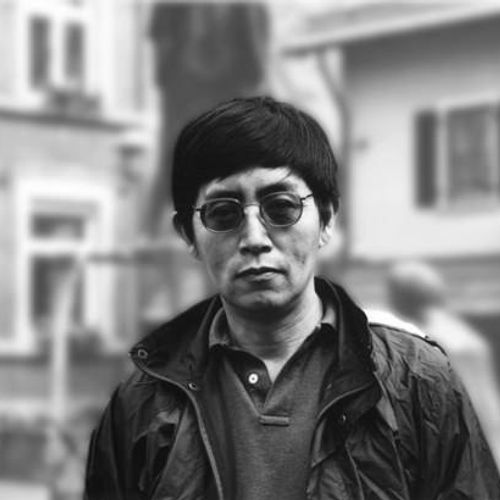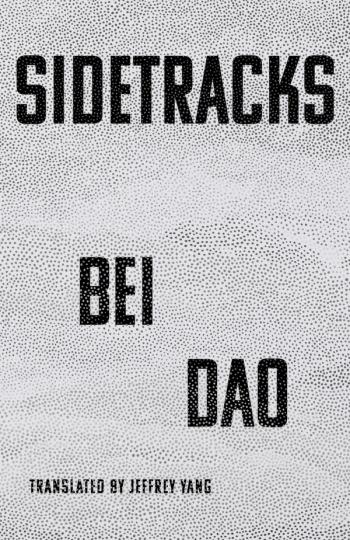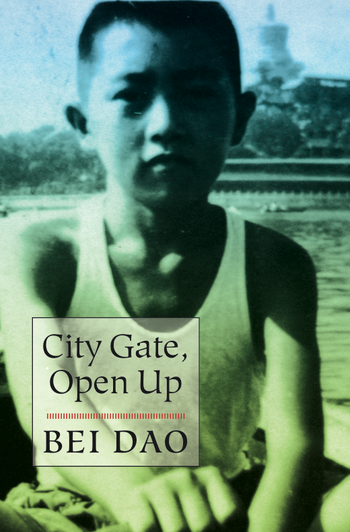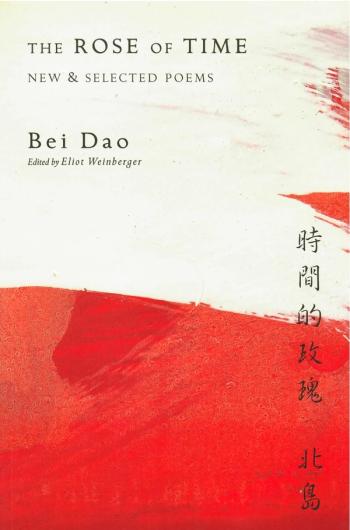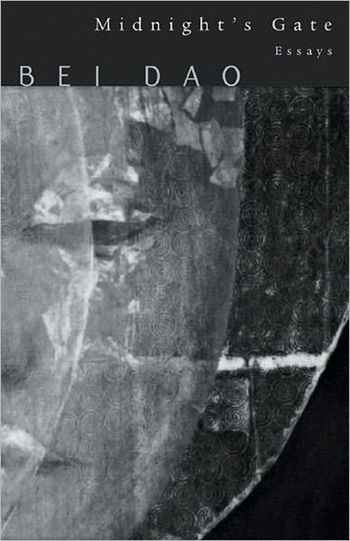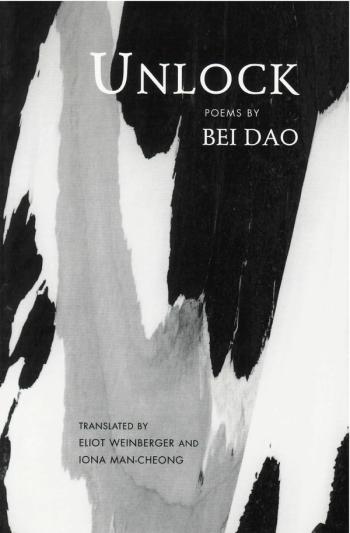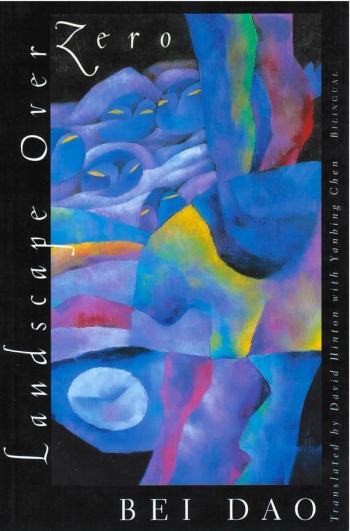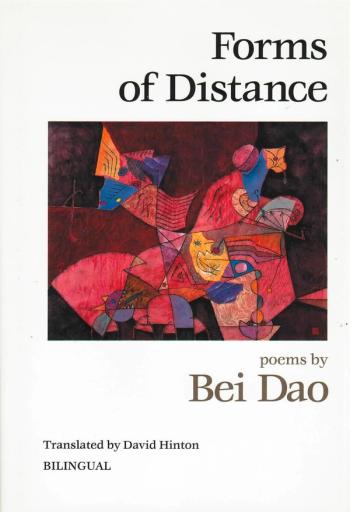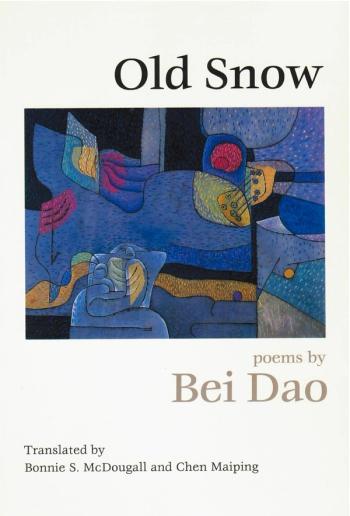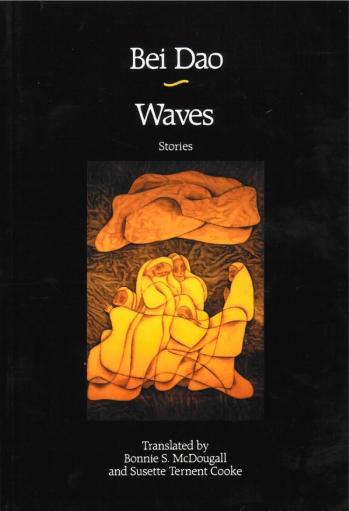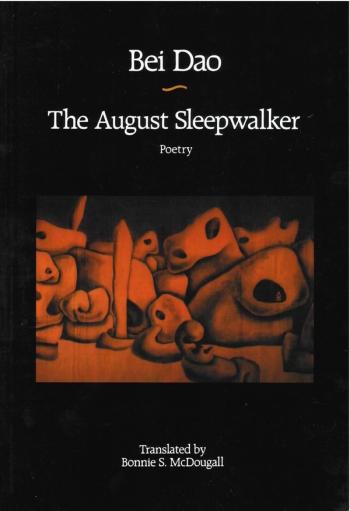Bei Dao
Bei Dao, one of the most influential writers of post-Cultural Revolution China, is the author of several books of poetry, essays, and short fiction. His work has been translated into more than thirty languages.
Bei Dao, the pseudonym of Zhenkai Zhao, was born in 1949 in Beijing. In 1978 Bei Dao co-founded the underground literary magazine Jintian (Today), which was banned from publication in 1980. As editor-in-chief, Bei Dao, with a group of Chinese writers, revived Jintian in 1990 in Oslo, and it has continued to be published abroad ever since. During the events of Tiananmen Square in 1989, Bei Dao was in Berlin as a writer in residence and was not allowed to return to China.
Bei Dao’s books of poetry include The Rose of Time (2009), Unlock (2000), At the Sky’s Edge: Poems 1991–1996 (1996), Landscape Over Zero (1995), Forms of Distance (1994), Old Snow (1991), and The August Sleepwalker (1988). He is also the author of the short-story collection Waves (1985) and two essay collections, Blue House (2000) and Midnight’s Gate (2005). His work has been translated into over thirty languages.
Bei Dao’s awards and honors include the Aragana Poetry Prize from the International Festival of Poetry in Casablanca, the PEN / Barbara Goldsmith Freedom to Write Award, and a Guggenheim Fellowship. He was elected an honorary member of the American Academy of Arts and Letters, and was conferred an honorary degree of Doctor of Letters (Litt.D.) by Brown University.
Bei Dao has taught at the University of California at Davis, the University of Alabama, the University of Notre Dame, and Beloit College in Wisconsin. He has lived in Hong Kong with his family since August 2007, and is the Professor of Humanities at the Chinese University of Hong Kong.
